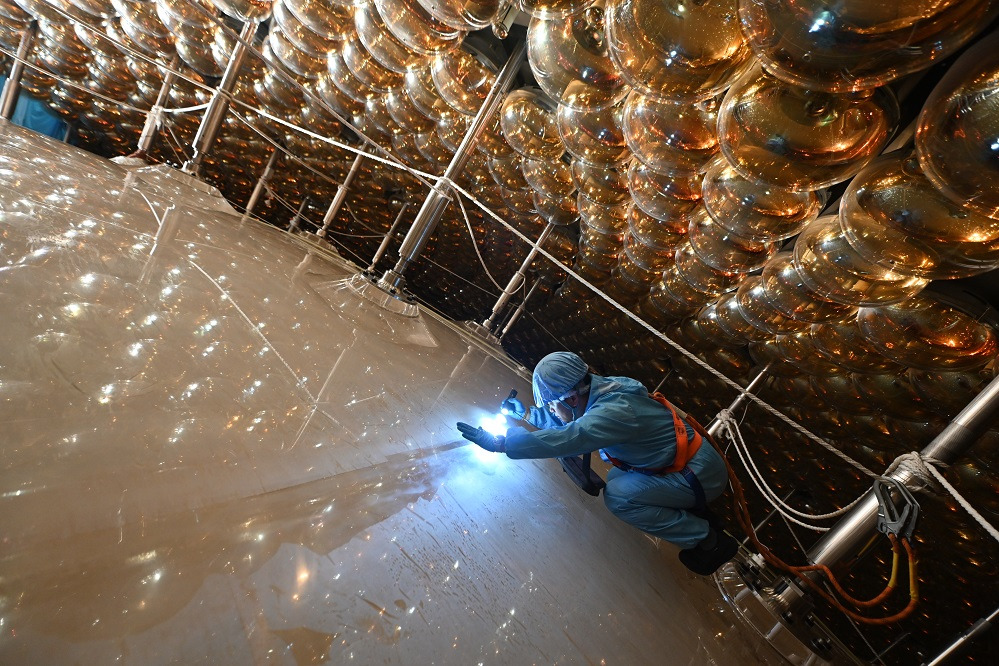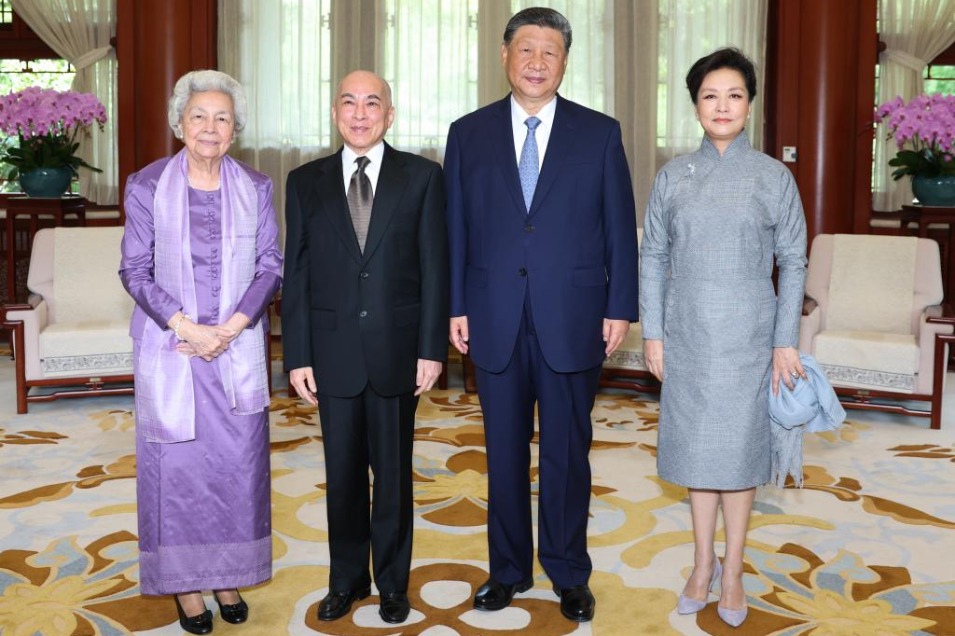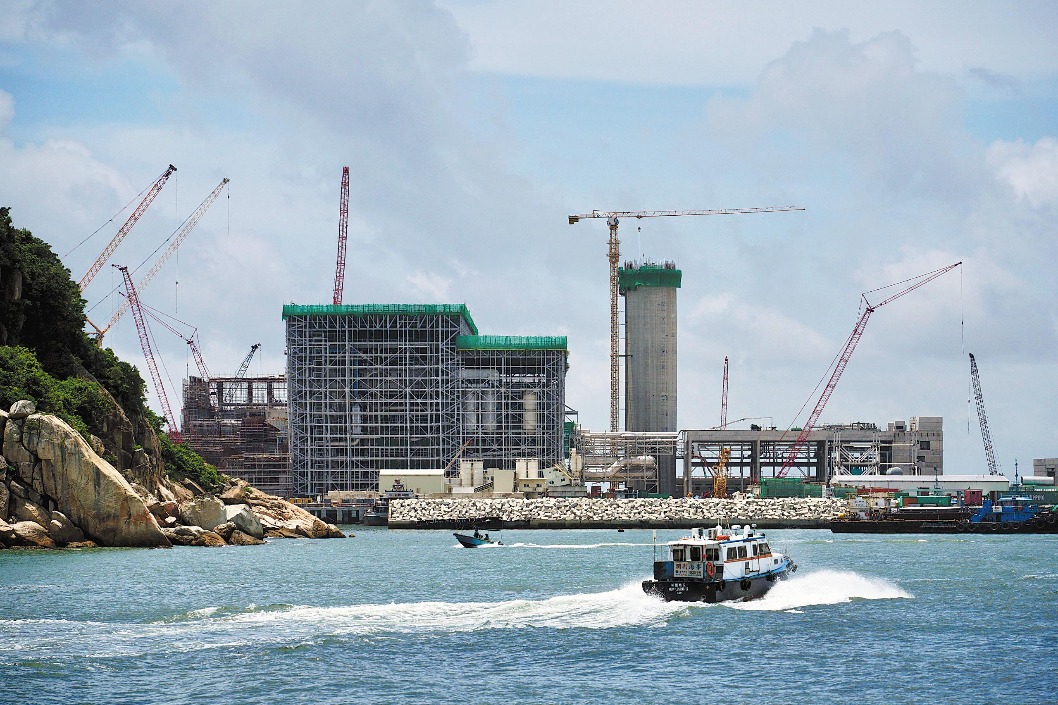A misjudgment of situation in the first place, destabilizing AUKUS deal may bite the dust: China Daily editorial

As the Pentagon is now reviewing the AUKUS security pact between the United States, the United Kingdom and Australia, Canberra needs to decide whether it is still ready to push ahead with this US-led project that goes against its own national interests in many aspects.
The security project that was initiated in 2021 allows the US and the UK to provide Australia with nuclear-powered Virginia-class submarines, alongside related sensitive technologies, with the end goal of Australia acquiring domestic production capabilities. The purported aim is to counter what the US and its allies perceive to be a "China threat" in the Asia-Pacific through enhanced trilateral security and defense collaboration.
China has firmly opposed the plan since it was announced, saying it is driven by a Cold War mentality and serves only to increase tensions in the region.
Besides, the transfer of nuclear-powered submarine reactors and a large amount of highly enriched uranium from nuclear-weapon states to a nonnuclear country constitutes grave nuclear proliferation risks.
Now, with the current US administration's review of AUKUS being conducted to make sure it meets the "America First" agenda, the possibility has emerged that the project might be put on hold or even dropped as some analysts have predicted.
Leading the review is Elbridge Colby, the Pentagon's undersecretary for defense policy, who has questioned the wisdom of "giving away" the US nuclear-powered submarines which he called the "crown jewels" of the US military arsenal. He also argued it is hard to support Canberra's procurement plan when the US' naval industrial base is struggling to meet its own submarine production targets.
An advisor to the previous US administration on the AUKUS project on Monday also highlighted a wide range of problems that need to be addressed for it to proceed. In a joint paper authored with a former State Department official, Abraham Denmark pointed to the lagging US submarine production rates, high costs of AUKUS — it will cost Australia $240 billion over more than 30 years — and a shortage of skilled labor for submarine production in all three countries.
All this means a moment of uncertainty in Washington, which may come as a chance for Canberra to reconsider and step away from the lopsided arrangement where the US calls the shots with the unilateral right to cancel any aspect of the deal.
That AUKUS will only make Australia more dependent on other countries militarily and its defense strategies increasingly aligned with US interests also compromises Australia's defense sovereignty and national interests. Not to mention that in doing so it is making other countries' alleged rivals its own.
This has prompted former Australian prime minister Paul Keating to express the hope the ongoing review "might very well be the moment Washington saves Australia from itself … from the most poorly conceived defense procurement program ever adopted by an Australian government".
Indeed, deploying nuclear-powered submarines in Australia would disrupt the strategic balance in the Asia-Pacific region, impact the regional nuclear nonproliferation system, and set a bad precedent for nonnuclear countries to have nuclear submarines. Subsequently, other countries in the region may also consider deploying nuclear weapons, which increases the odds of an arms race and poses a serious threat to regional peace and stability.
Under the plan, Australia will spend huge amounts of money on a navy transformation based on the false belief that China, its largest trading partner and export market for the past 16 years, "threatens" the country's security.
The assumption, which has no historical or contemporary proof to support it, will only jeopardize the mutually beneficial partnership between the two countries.
Canberra should come to terms with reality and exercise strategic autonomy in handling China-related issues. By keeping the momentum of the healthy development of Sino-Australian relations, it can better work with Beijing to improve the comprehensive strategic partnership between the two countries featuring deeper dialogue, greater mutual trust and expanded cooperation amid shifting global dynamics. It should say no to AUKUS.

































